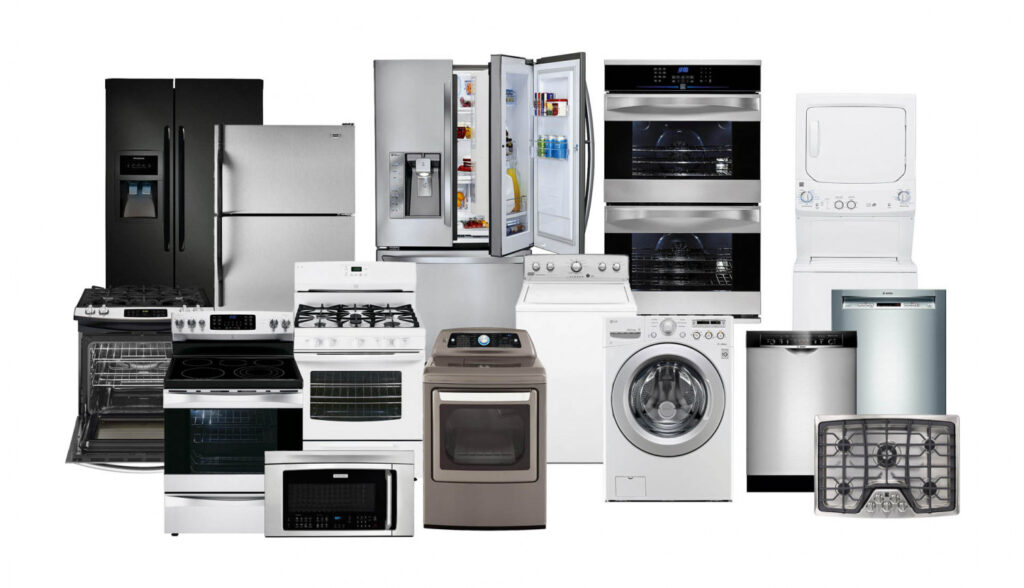
10 Expert Oven Maintenance Tips for a Longer-Lasting Kitchen Appliance
Your oven is the heart of your kitchen—used every day to prepare tasty meals, baked treats, and more. But as with all household appliances, it needs regular servicing to perform at its best. Failing to take care of it can result in inconsistent heating, increased cooking time, and expensive repairs. The good news? A few easy Oven Maintenance Tips can do wonders in prolonging your oven’s life and delivering consistent results.
Taking care of your oven doesn’t have to be complicated—just consistent. By following these oven maintenance tips, you can prevent performance issues before they start. Smart homeowners know that applying reliable oven maintenance tips can add years to their appliance’s life.
In this in-depth guide, we’ll guide you through everything from regular cleaning to part checking, all of it revolving around the keyword oven maintenance tips, so you can maximize your investment.
1. Clean the Interior Regularly
One of the most fundamental yet important oven maintenance tips is regularly cleaning the interior. Food splatters, grease spots, and burnt remains can impact cooking performance and even create fire hazards.
Why It Matters:
Enhances heat distribution.
Deposes unpleasant odors and smoke.
Lowers fire risk.
Cleaning Tip: Apply a combination of baking soda and vinegar or a designated oven cleaner. Steer clear of sharp abrasives that might harm surfaces.
2. Inspect and Replace Door Seals
A damaged or broken oven gasket (door seal) causes heat to leak out, forcing your oven to work extra hard to achieve the correct temperature.
Indicators of a Defective Seal:
Oven fails to heat evenly.
You sense warmth escaping through the door.
Maintenance Tip: Check the seal annually. If cracked or worn, replace it.
3. Clean or Replace Oven Racks
Dirty oven racks can pass burnt debris to your food and obstruct airflow.
Best Practices:
Soak racks in hot soapy water and wash with a gentle brush.
If chrome has been worn away or rust is visible, consider replacing them.
Bonus Tip: Line racks with aluminum foil only when absolutely required, as it will block airflow.
4. Check Heating Elements
Heating elements can deteriorate or become damaged over time, leading to uneven cooking or total failure.
What to Look For:
Unstable temperatures.
Visual signals such as blistering or discoloration on the element.
Oven Maintenance Tip: If you find any problems, have a technician install a replacement element before damage to the oven occurs.

5. Clean the Control Panel
Control knobs and touch panels are usually overlooked but are extremely important to oven operation.
Cleaning Tips:
Wipe surfaces using a damp microfiber cloth.
Do not allow moisture to get behind control knobs, as this can cause internal damage.
Preventative Action: Frequent cleaning prevents grime from building up that can malfunction sensors.
6. Use Oven-Safe Cookware
Not all dishes are equal. Cooking in cookware that is not oven-safe will crack or shatter under heat.
Smart Use Tips:
Avoid using glassware that is not specifically labeled oven-safe.
Never place plastic or wood in the oven.
Keyword Tip: Including this step in your oven maintenance tips prevents unnecessary damage to the oven.
7. Calibrate the Oven Temperature
Ovens will miscalibrate over time and cook meals as undercooked or burnt.
How to Test:
Compare actual and set temperatures using an oven thermometer.
Adjust settings as necessary as per the manufacturer’s guide.
Maintenance Strategy: Calibrate every 6–12 months for best performance.
8. Clean the Oven Vent
Your oven vent assists in internal temperature regulation and removes excess heat and humidity. A clogged vent impacts both performance and safety.
Cleaning Instructions:
Find the vent (often at the back or top).
Vacuum or brush away dust and food debris.
Safety Note: A clean vent provides good airflow and minimizes fire hazards.
9. Don’t Overload the Oven
Piling too many dishes within restricts airflow and impacts cooking outcomes.
What Occurs:
Hot air fails to circulate effectively.
Food may not cook or cook unevenly.
Cooking Tip: Create spaces between dishes for adequate air circulation.
10. Schedule Professional Service
Despite regular maintenance, some work is best left for professionals.
Services Might Include:
Deep cleaning of interior components.
Electrical connection checks.
Checking for root problems.
Final Tip: Have annual inspections done to find issues before they cause damage and extend the life of your oven.
For professional guidance and government-recommended oven maintenance tips, consult trusted resources that offer appliance care best practices for every household.

FAQs About Oven Maintenance
Q1: How frequently should I clean my oven?
At least every 3–6 months or more often if you see frequent buildup.
Q2: Should self-cleaning ovens be relied on?
Yes, but they must still be manually wiped down after use to scrape off residue.
Q3: When should I get a professional?
If you find ongoing problems such as uneven cooking or error codes.
Q4: How long will a well-maintained oven last?
With maintenance, ovens may last 10–15 years or longer.
Conclusion: Don’t Underestimate Oven Maintenance
These oven maintenance tips don’t only improve performance—they also improve safety, energy efficiency, and life. Whether it’s cleaning coils, inspecting gaskets, or having a technician come out, every little bit helps.Want to go beyond your oven? Explore our expert-backed appliance maintenance tips to keep all your home appliances running smoothly and efficiently
Don’t wait until your oven collapses during dinner. Begin your maintenance routine today and keep your kitchen humming along.



